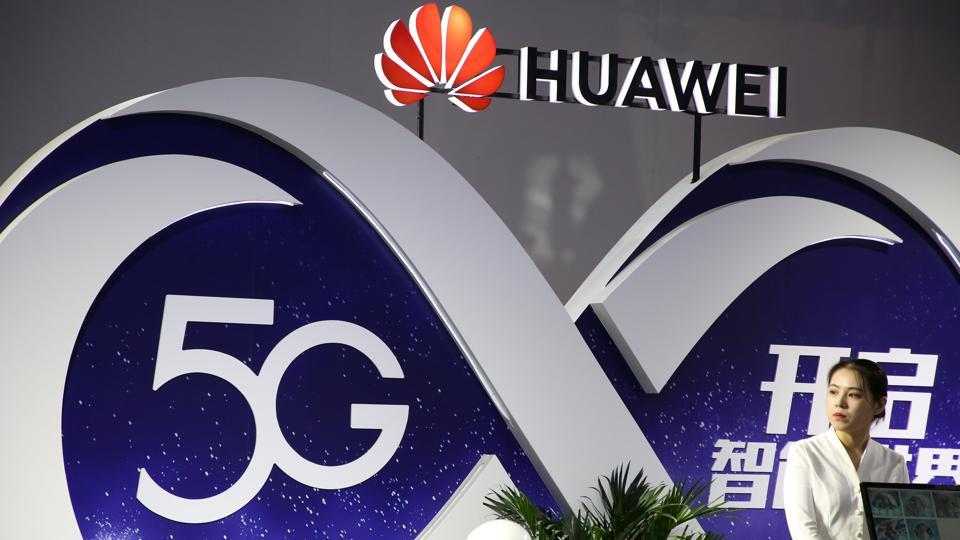US asks wireless, internet providers to shun Huawei equipment: Report
The United States has already largely barred Huawei from supplying its government and contractors, while Australia has banned the company from supplying equipment for a 5G mobile network.

The US government is trying to persuade wireless and internet providers in allied countries to avoid telecommunications equipment from China's Huawei Technologies, the Wall Street Journal reported on Thursday.
The move would further pile pressure on the world's biggest telecom gear maker, which is under scrutiny from Western intelligence agencies for its perceived ties to China's government and the possibility its equipment could be used for espionage.
US officials have reached out to their government counterparts and telecom executives in friendly countries where Huawei equipment is already in wide use about what they see as cybersecurity risks, according to the WSJ report, which cited unnamed people familiar with the situation.
The United States has already largely barred Huawei from supplying its government and contractors, while Australia has banned the company from supplying equipment for a 5G mobile network.
ALSO READ: Huawei to continue investing in US despite setback
Huawei, which has repeatedly denied engaging in intelligence work for any government, is one of several Chinese tech companies that have come under US government scrutiny as a trade war between the two countries escalates.
On Friday, the Hong Kong shares of rival ZTE Corp fell as much as 5.6%, dragging down the sector. They recouped some losses to trade down 2% around midday, while the firm's Shenzhen shares were down 3%.
ZTE's value has nearly halved this year, battered by a three-month US government ban on American firms selling parts to the firm, and a subsequent $1.4 billion settlement.
On Friday, an index tracking major telecoms firms on the mainland dropped more than 3%.
Financial Aid
Washington has been considering increasing financial aid for telecommunications development in countries that shun Chinese-made equipment, the WSJ reported on Thursday.
One of the government's concerns is based on the use of Chinese telecom equipment in countries that host US military bases, such as Germany, Italy and Japan, the report added.
A U.S. Department of Commerce spokesman said in a statement that the department would remain vigilant against any threat to US national security.
Huawei did not immediately respond to a Reuters request for comment.
Earlier this week the company said it had signed 22 commercial contracts for 5G networks. It will also open a new information security lab in Germany that will enable source code reviews, in a step aimed at winning regulators' confidence before the country's 5G mobile spectrum auction, a German regulator told Reuters last month.
Catch all the Latest Tech News, Mobile News, Laptop News, Gaming news, Wearables News , How To News, also keep up with us on Whatsapp channel,Twitter, Facebook, Google News, and Instagram. For our latest videos, subscribe to our YouTube channel.






























